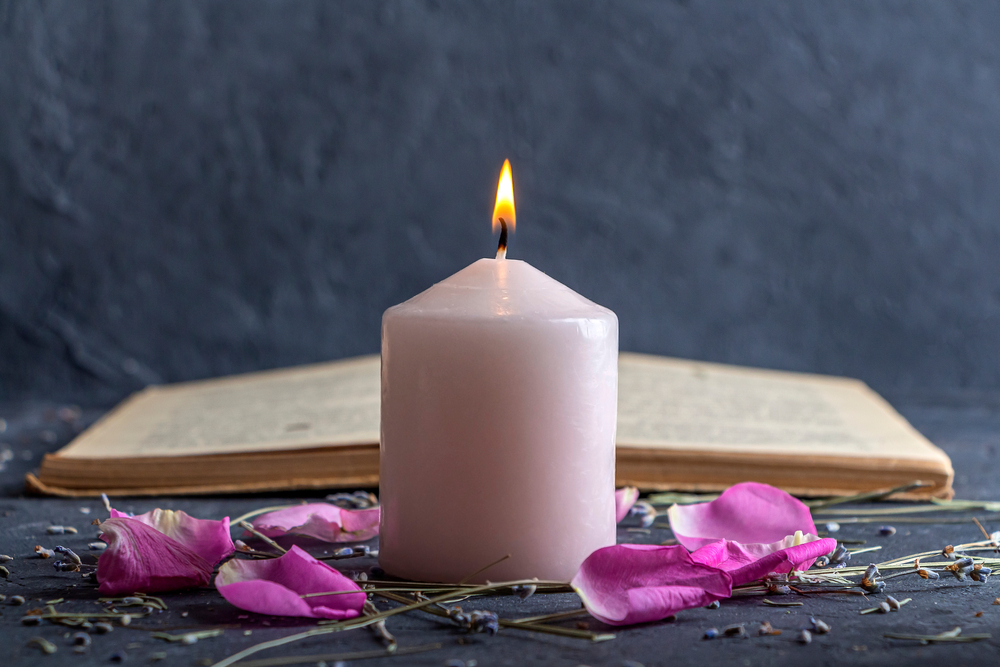
Most people are familiar with the term “paganism.” However, not everyone is entirely clear on what this system of beliefs includes. Unlike organized religions such as Christianity or Islam, paganism is not defined by a specific book, prophet, or place of worship. Still, this does not mean that pagans don’t follow any guidelines. While the beliefs of one pagan may differ greatly from the next, there are still a number of commonalities that can be found in paganism as a whole. Look over these facts and learn more about what modern paganism entails.
Contemporary Paganism Is a Modern Creation
Though paganism typically includes rituals and traditions that stem back hundreds of years, the religion as it exists today is something of a modern invention. According to scholars, contemporary paganism took form in the 1960s. Sometimes referred to as neopaganism, this movement came about as a way for people to connect with practices that were widespread before the rise of Christianity in Europe. Modern paganism quickly became popular in Britain, the United States, and other Western countries. Typically, neopaganism is a hodgepodge of rituals and practices from a variety of cultures.
Nature Plays a Big Part in Pagan Rituals
While different pagans will have different views and traditions, most people who follow this belief system put a strong emphasis on nature. A big reason for this is due to the fact that pre-Christian rituals often centered around agriculture. It is common for neopagans to view nature as divine, with many taking part in practices that allow them to spend long stretches of time outdoors. Pagans often believe in the healing power of various herbs, with many cultivating gardens that include these plants. Altars found in pagan households will usually have flowers and other clippings prominently displayed.
Paganism Has No Centralized Meeting Place
Another fact that separates paganism from religions such as Judaism or Christianity is that there is no centralized house of worship that pagans visit on a regular basis. Instead, pagan rituals take place outdoors or at home. For example, most pagans observe the Summer Solstice as a major holiday. To honor this day, groups of pagans will gather together in outdoor settings, such as parks, and spend the day eating, drinking, dancing, and enjoying the bounty of nature. In communities with larger neopagan populations, it is common for towns to host parades or festivals surrounding different pagan holidays.
Pagans Don’t Always Believe in Gods and Goddesses
One misconception about modern pagans is that they all believe in a pantheon of gods and goddesses. While it is true that a number of neopagans worship a variety of deities that originated in cultures all over the world, there are many who don’t observe any higher power. For some pagans, nature itself is the all-powerful force that controls life. Others may actually belong to another religion in addition to identifying as pagans. There are plenty of modern followers who consider themselves Jewish or Christian while also observing a majority of pagan traditions.
Altars Are a Cornerstone of Pagan Beliefs
A vast majority of people who follow modern paganism will build altars in their homes. Basically, a pagan altar is any flat surface that can be used for prayer, meditation, or ritual. Pagans will typically decorate their altars with items of significance, such as flowers, candles, stones, coins, personal belongings of loved ones, and books. Basically, anything that has spiritual, sentimental, or aesthetic appeal can be placed on an altar. Though not necessary, many pagans will change their altars to reflect the time of year and feel more connected to the current season.
Paganism Is for Everyone
No matter what religion you belong to, it can be enriching to learn more about belief systems you are not familiar with. You may even discover a practice or ritual that you want to try for yourself.

